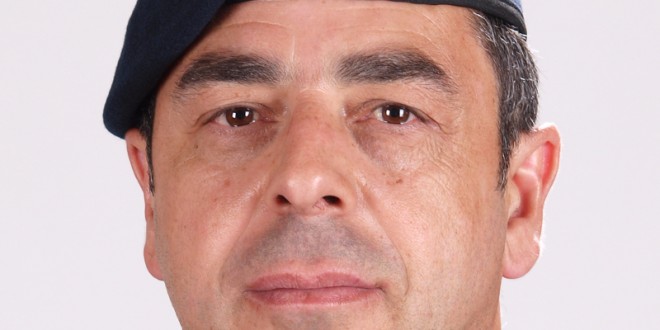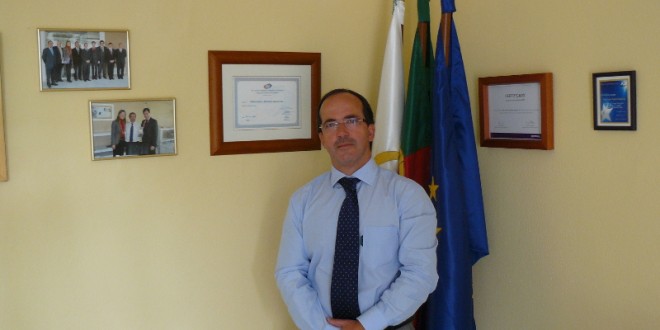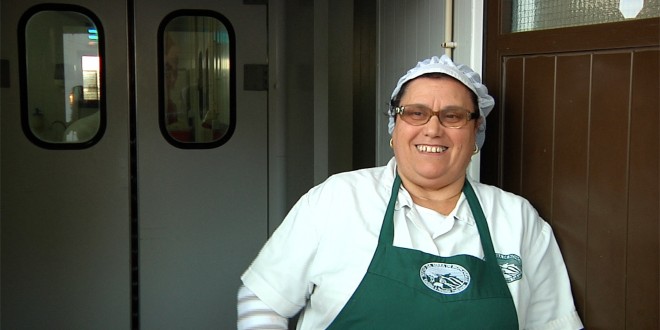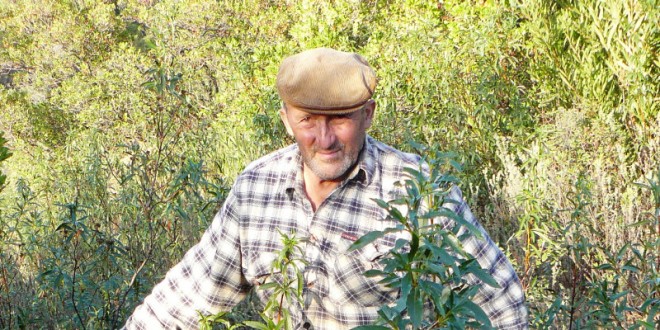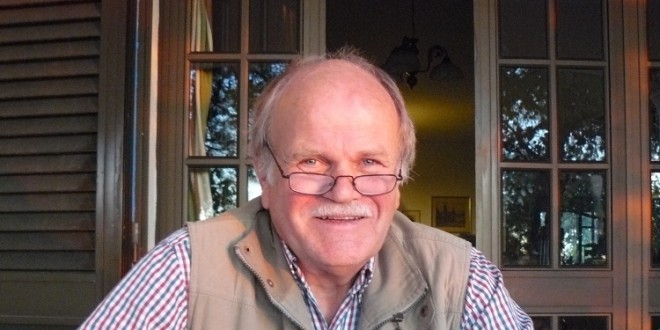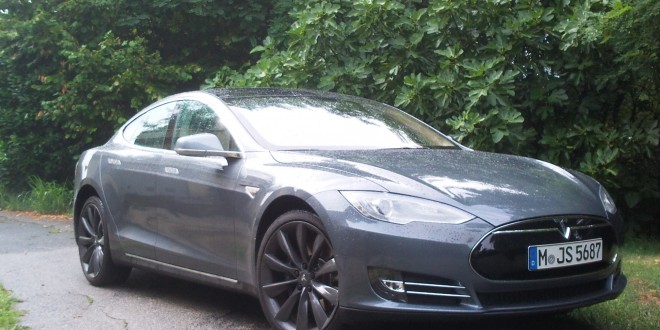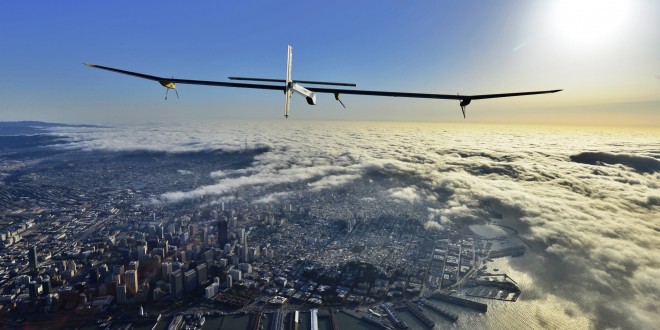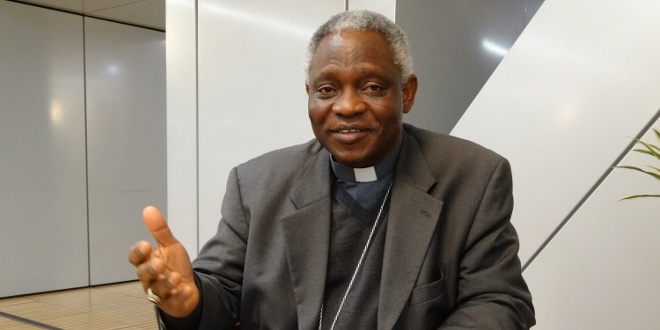The Operations Commander of the Algarve District Group of the ANPC (National Civil Defence Authority) Vítor Vaz Pinto, explained to ECO123 what measures had been taken to avoid fires in the Algarve in 2014: There is a concerted effort for fire prevention, the responsibility of three bodies: the Nature Conservation Institute, for the structural and awareness-raising part; the National Republican Guard (GNR), for prevention activities, namely vigilance, detection and inspection; and the National Civil Defence Authority for the coordination of the firefighting work, reflash watch and vigilance after the fire. Based on civil defence operations recorded in 2012, the District …
Read More »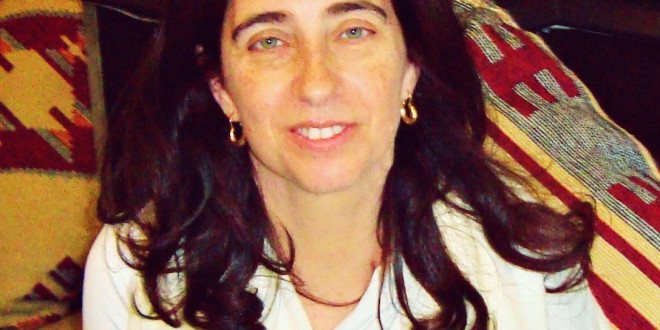
 Eco123 Revista da Economia e Ecologia
Eco123 Revista da Economia e Ecologia

